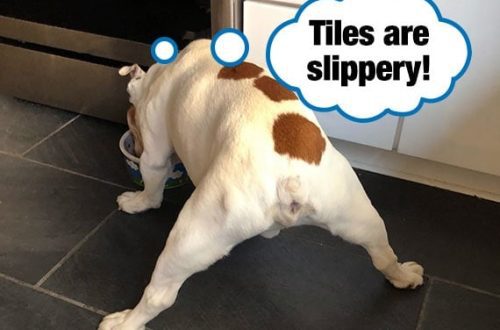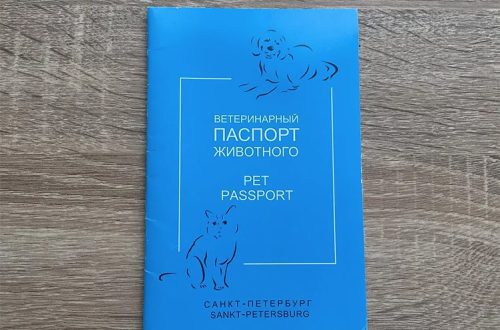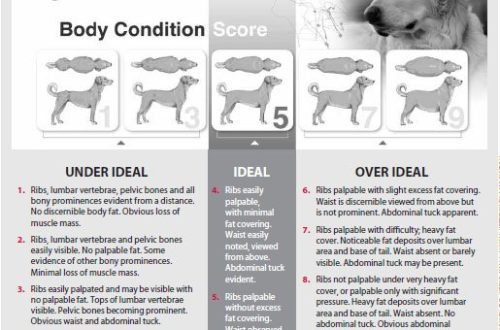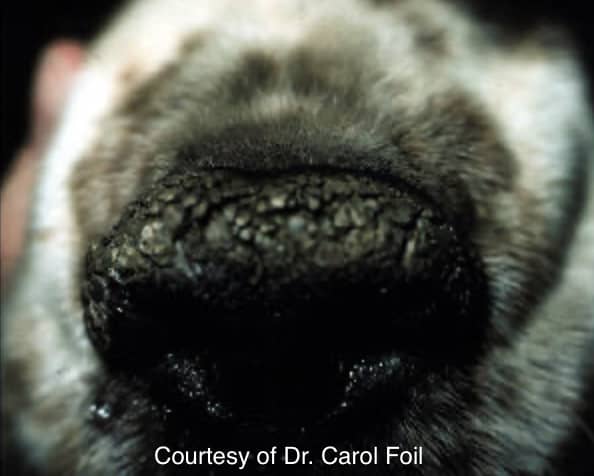
Why does a dog’s nose dry and crack?
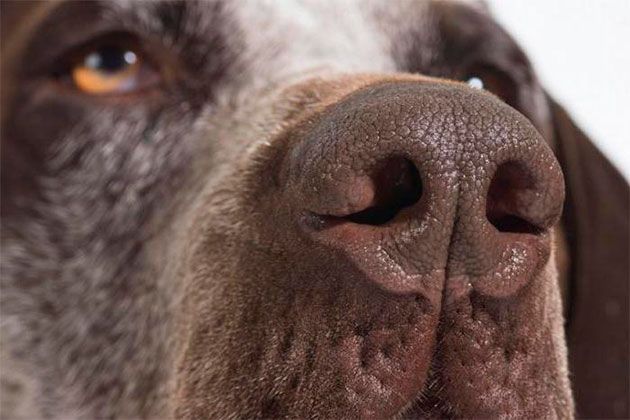
Why does a dog have a wet nose? The humidity of the dog’s nose is due to special glands that lubricate the nose with their secret. In fact, what we habitually call the nose is the nasal mirror, but there are also internal sinuses. It becomes cold due to the contact of the secret with air. Just like in humans, damp skin cools quickly when exposed to air. Everyone knows that a wet and cold nose is normal. What about dry and hot? Let’s figure it out in this article.
dry dog nose
A dry, hot or warm nose can be both normal and a sign of illness. It is wrong to say right away that the dog is ill. In addition, other symptoms must be present, such as fever, vomiting, diarrhea, coughing or sneezing. When the nose may be dry and warm:
- After sleep. In a dream, all metabolic processes slow down, and the dog stops licking his nose and stimulating the secretion of mucus. This is the absolute norm.
- Overheat. In heatstroke or sunstroke, the nasal speculum will be hot and dry. In addition, the dog will have lethargy, frequent breathing with an open mouth.
- Stress. In the presence of an anxiety condition, the nose may also dry out and become warm.
- Too warm and dry air in the apartment. It is necessary to maintain comfortable microclimate conditions. The health of not only the dog, but also yours depends on this. When the nasal mucosa dries out, it is no longer able to protect the body so effectively from bacteria and viruses.
Dryness of the nose can be expressed if it has become rough, with growths, cracks. What could be the reason for this change?
- Diseases in which the nasal mirror is involved: autoimmune processes, pemphigus foliaceus, leishmaniasis, systemic lupus erythematosus, ichthyosis, nasal pyoderma and others.
- Infectious diseases accompanied by high fever and nasal discharge, such as canine distemper.
- Allergy. With allergic reactions, the skin can often become inflamed, including the nasal mirror.
- Hyperkeratosis, as well as breed and genetic predisposition to hyperkeratosis. Dogs of brachiocephalic breeds, Labradors, Golden Retrievers, Russian Black Terriers, and Spaniels are more likely to suffer. With hyperkeratosis, the paw pads are often affected.
- Old age. Over time, tissues lose their elasticity, their nutrition is disturbed. This can also be reflected in the pet’s nasal mirror.
Diagnostics
Diagnosis can often be made based on physical examination. To identify ichthyosis, literal swabs are used and genetic testing is carried out. To confirm an accurate diagnosis, differentiation from neoplasia and autoimmune processes, a histological examination can be performed. The result will not be ready quickly, within 3-4 weeks. Also, to exclude a secondary infection, smears for cytological examination can be taken. In the presence of systemic diseases, additional diagnostic methods will be required, such as blood tests, for example.
How can you help?
If the problem arose for the first time, then it is better not to self-medicate and consult a doctor, primarily a dermatologist. Treatment will depend on the disease. In case of viral diseases, the necessary treatment is carried out; after recovery, most often the nose returns to normal. In autoimmune dermatoses, immunosuppressive therapy is used. With mild hyperkeratosis – only observation, without much intervention. With moderate or severe hyperkeratosis, local treatment is used: cutting off excess growths, moisturizing compresses, followed by the application of keratolytic agents. Effective emollients include: paraffin oil, salicylic acid/sodium lactate/urea gel, and sea buckthorn oil, but of course, everything should be done in moderation and under the supervision of a veterinarian so as not to cause further harm. When cracks form, an ointment with antibiotics and corticosteroids is used. As a rule, the duration of the initial treatment is 7-10 days, during which time the affected surface returns to a state close to normal, after which the treatment is either stopped for a while or continued with a reduced frequency (1-2 times a week).



